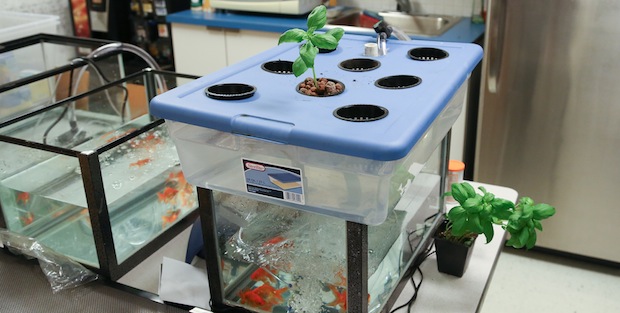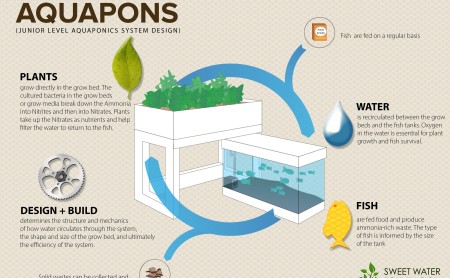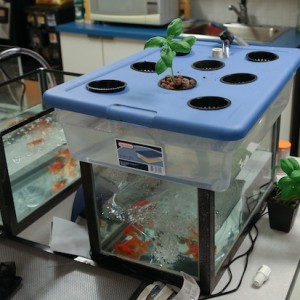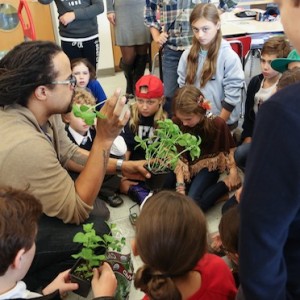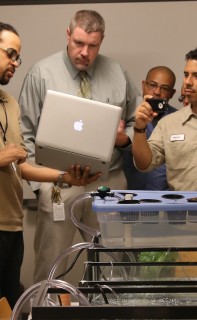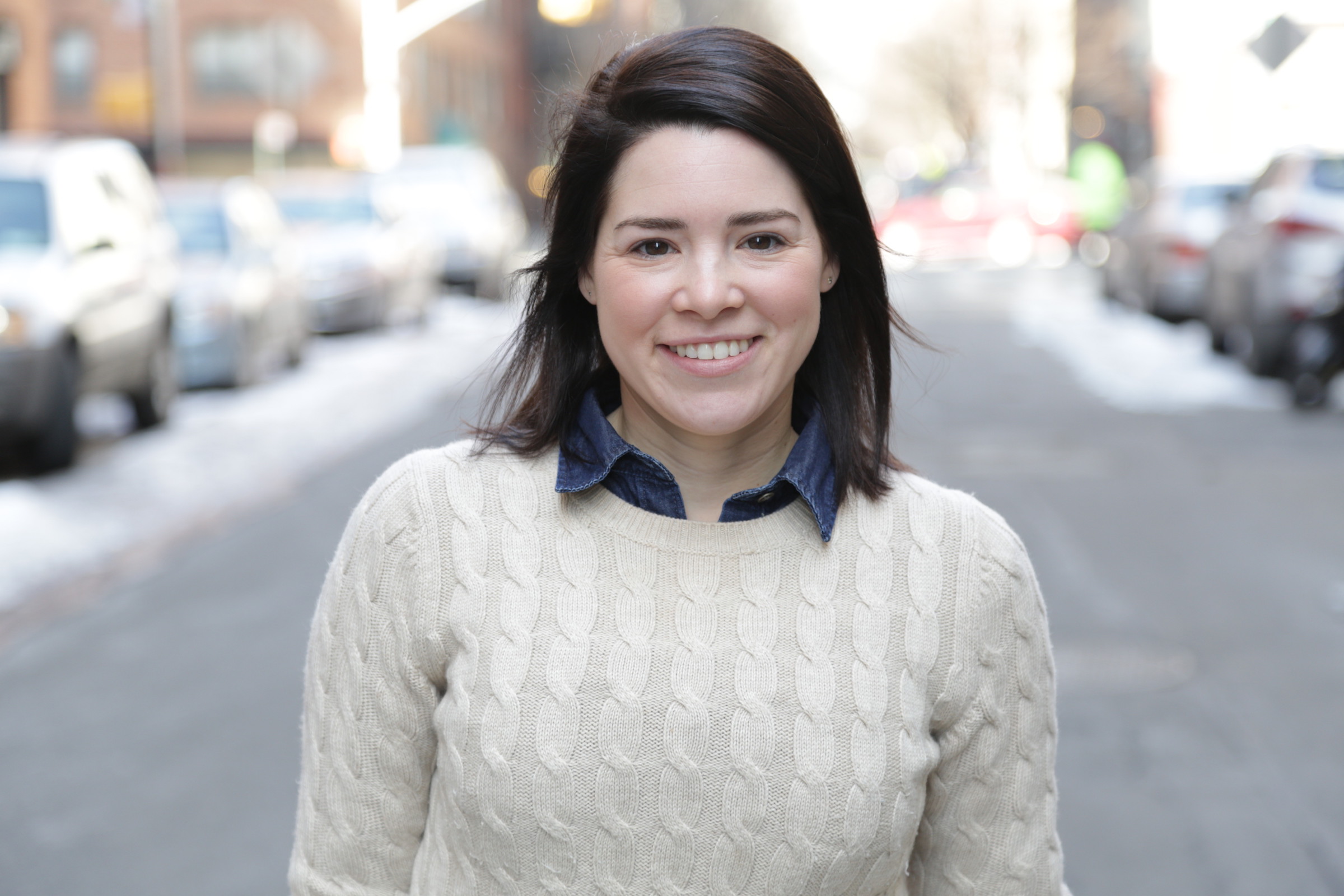The Seasonal Seven whose mission is to learn about seasonal and locally grown foods while promoting their impact on the environment and to our nutrition hosted their first visitor in October. His name is Emmanuel Pratt, and he is the executive director of The Sweet Water Foundation, which seeks to integrate hands-on sustainable farming practices with interdisciplinary educational programming. Mr. Pratt has dedicated himself to learning and teaching others about the issues that plague modern cities. He is a doctoral candidate in Urban Planning at Columbia University.
One of Mr. Pratt’s efforts The Mycelia Project has put this into practice by turning a deteriorating shoe factory into an “aquaponic” farm that uses nitrogen waste from tilapia-filled tanks to fertilize vegetables and herbs. He distributes these locally grown products to restaurants in the South Side of Chicago. In addition, The Mycelia Project has introduced a curriculum that educates everyone from kindergartners to graduate students about sustainability, repurposing, and urban renewal to schools across Chicago.
Learn about the logic behind the “aquaponic” system by clicking on the image above.
On Thursday October 24th, Emmanuel Pratt, Executive Head of the Chicago-based Sweet Water Foundation, visited our school and helped install aquaponic systems in two separate fifth grade classrooms. The word aquaponics is a portmanteau for the terms aquaculture, the farming of aquatic species, and hydroponics, the method by which plants can be grown in water in expanded clay pebbles. In an aquaponic system, the plants and the fish live in symbiosis in two separate tanks. The bottom tank that hosts the fish is connected to the top tank in which grow the plants. This way, the excrements secreted by the fish are used as nutrients by the plants, whereas in a regular aquarium they would have polluted the tank and made it require cleaning. The plants filter the water and send it back to the bottom tank. It is a system that runs smoothly and independently.
The building of the tank was an interactive project in which the children eagerly participated, as did the teachers and some members of the maintenance team (see photo below) who offered their help. Mr. Pratt constantly vocalized and explained what he was doing, so everyone could follow and understand. He even showed some diagrams to better his audience’s grasp on the concept, and keep them engaged. Of course, the fifth graders had already developed an interest in the topic when they’d been shown a video beforehand in which Mr. Pratt explained the basic concept of aquaponics.
Whenever volunteers were needed for a task, the two teachers struggled to contain their students’ enthusiasm and found it hard to take a pick among so many raised hands. One task with which the children helped was the separation of various plant stalks from the soil and from each other. The plants need no soil to grow, as they are planted in clay pebbles and gravel in the water.
Growing cilantro, basil, mint and thyme
The most exciting opportunity for the fifth graders was perhaps the one where they got to transfer four goldfish from one tank to another with the help of a little net. Only four lucky students were able to do that, so they took full advantage of their opportunity. Of course, controversy arose as to the names to be given to the four fish. The only name that was settled upon before the teachers’ intervention was “Bob.”
Thanks to these aquaponic tanks, the two fifth grade classrooms will have easy access to four different types of plants: cilantro, basil, mint and thyme. These tanks also give the students and teachers the opportunity to discuss environmental problems, and present the various sustainable efforts and solutions that have arisen from them. It is never too early to be taught environmental awareness, and it is great that these primary students are getting a head start.
Capucine L. Y12 student and LFNY Environmental Task Force Student Coordinator.
Learn more about Aquapons: http://aquapons.info/
LFNY Seasonal Seven Members: Aminata N, Joshua R, Lucie L, Pia H, Remy R, Sasha M, Tiwanitoluwa A, Henry H, Melanie F, Mylene Ardid, Staff, Marysella Castillo, Staff.
About the Author :

